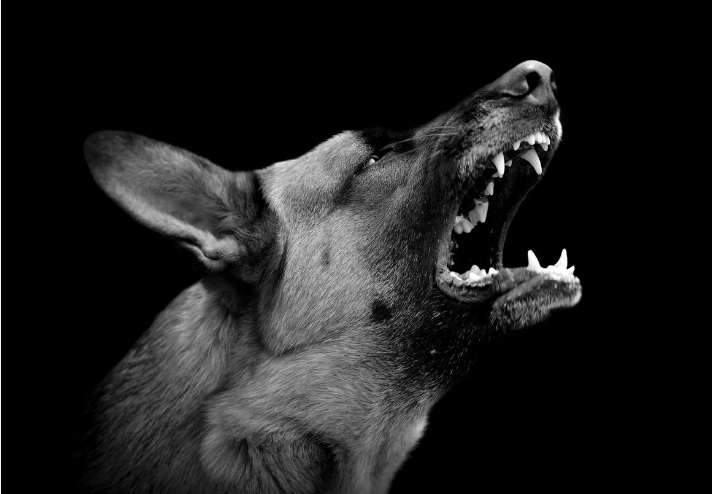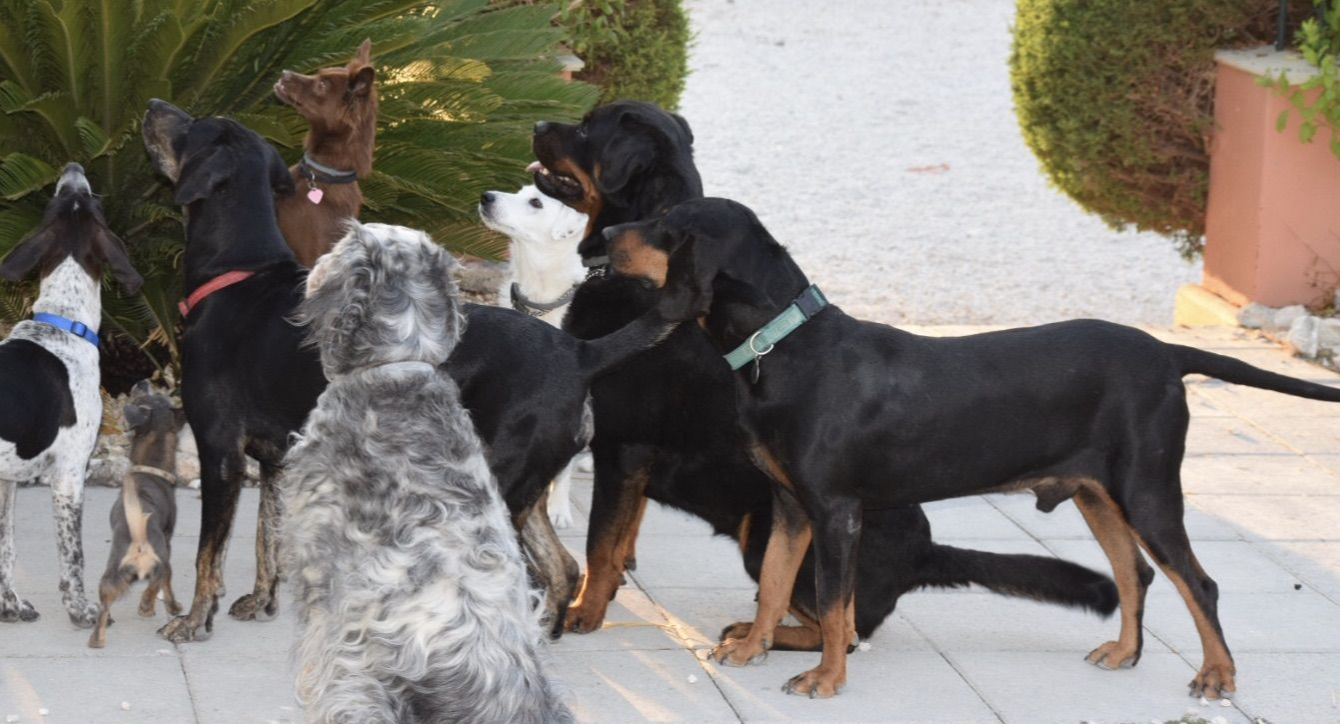She is not an easy
dog. Let’s not pretend otherwise. She fizzes with intensity, her emotions
aren’t felt, they’re worn and loudly! Her reactivity hasn’t faded with
time. If anything, it’s become more complex, more nuanced, as she’s aged into
herself. Her aggression towards the other dogs isn’t born of malice, but of
frustration, confusion and overwhelm. The wires in her brain are wired for
motion and action, not stillness.
She struggles to rest.
Not just in the physical sense, but in her soul. She is always watching,
always alert—waiting to see what we, her humans, will do next. She craves
activity like oxygen, yet exhausts herself with the mere anticipation of
movement. Come evening, when the shadows grow and most of the dogs wind down,
she is scanning the garden for the feral cats who dare trespass, winding the
other dogs into a spiral of arousal and noisy alarm.
And yet, she is mine.
Fiercely loyal, deeply
loving, disarmingly intelligent. She often meets my gaze with a clarity that
makes words seem unnecessary. She doesn’t demand affection, but when she
chooses closeness, it is always on her terms, which makes it somehow pure,
intentional, earned.
But the truth is, I
have been stretched to my limit with her.
When she attacked another of my dogs, I felt
something inside me fracture.
Courses that may interest you
The best instructors have designed the most motivating learning paths for you.
Care for Pet Professionals

Animal professionals are experiencing burnout like never before. Learn how to recognise it and prevent it with this course
Working with Aggression

The Working with Aggression Course is a comprehensive educational programme for professional dog trainers and behaviourists, that will provide you with the required knowledge and skills for working with aggressive behaviours in dogs.
Working with Aggression in Multi-Dog Households - Webinar

Learn about aggression in multi-dog households; why it happens, how to manage it and what behaviour modification techniques you can use. Emma-Jane Lee presents this informative webinar using research and case study analysis.
